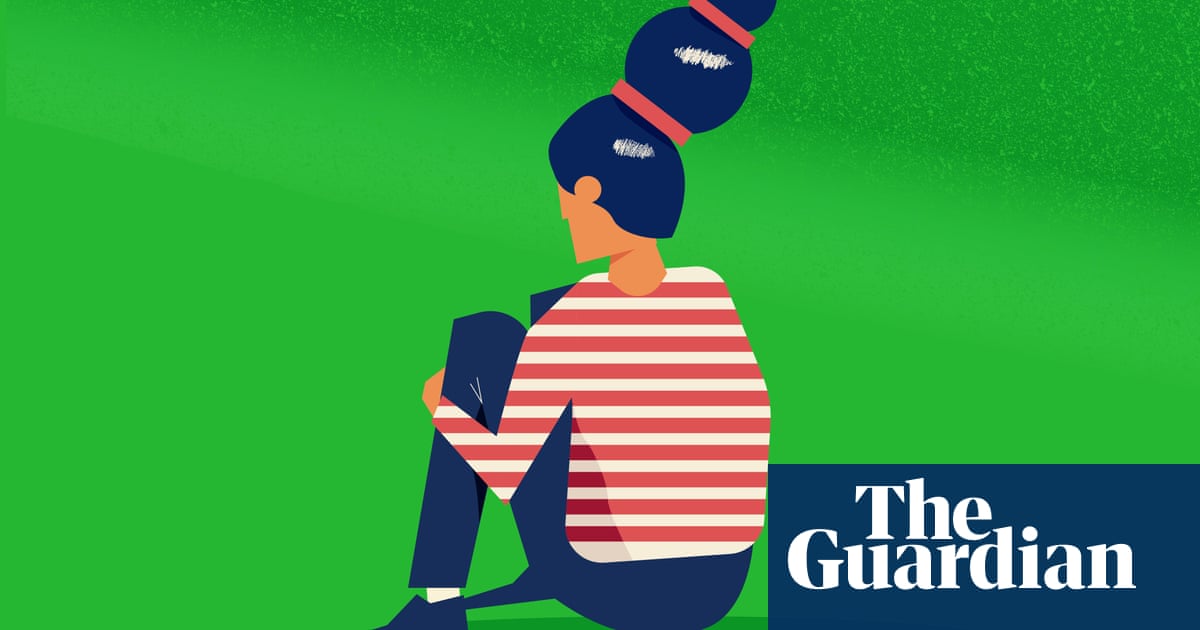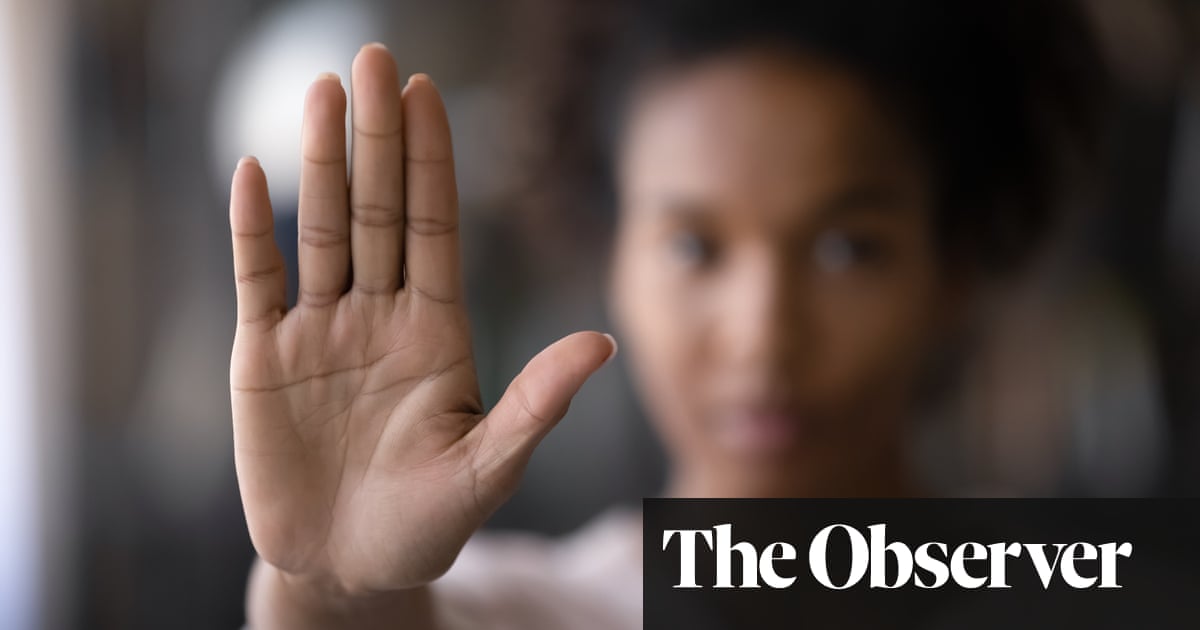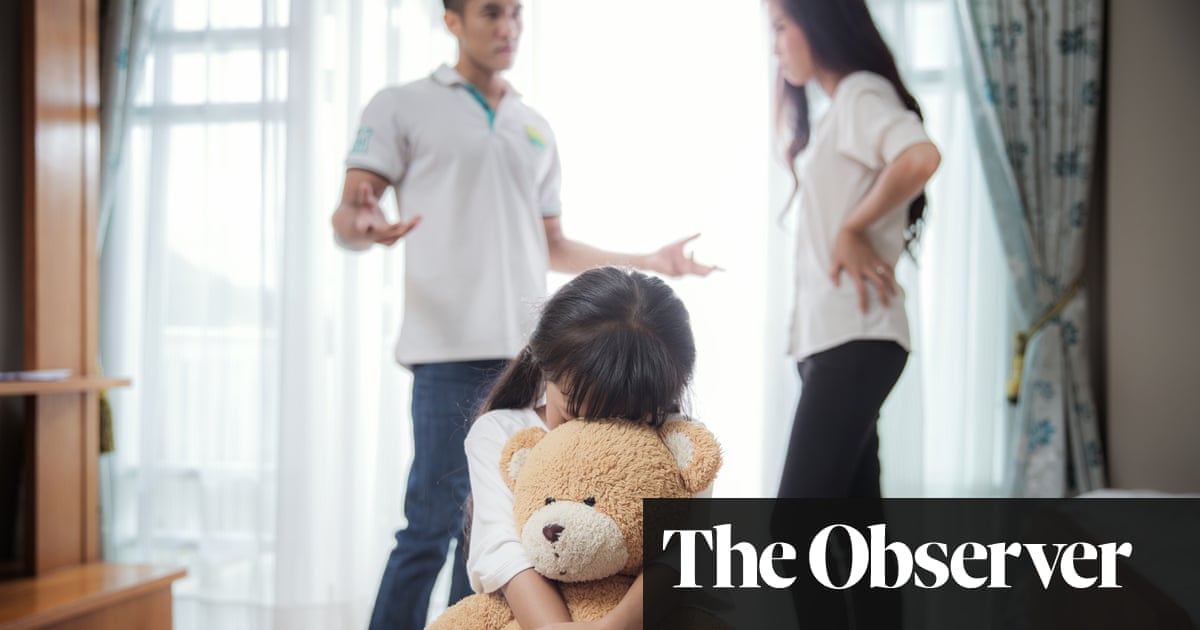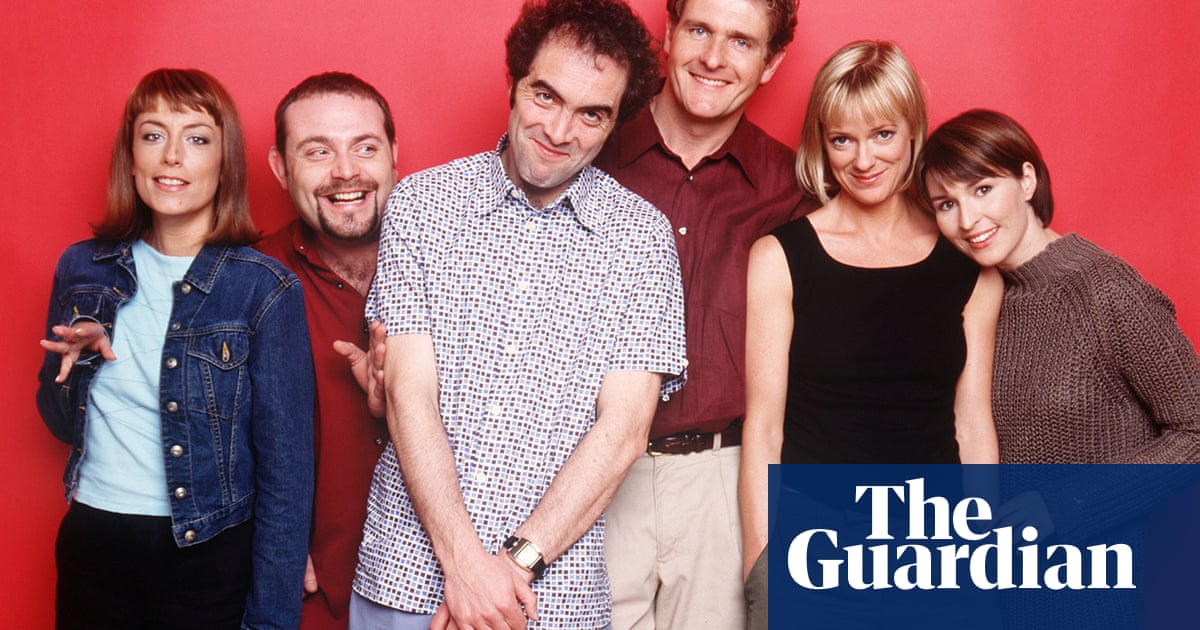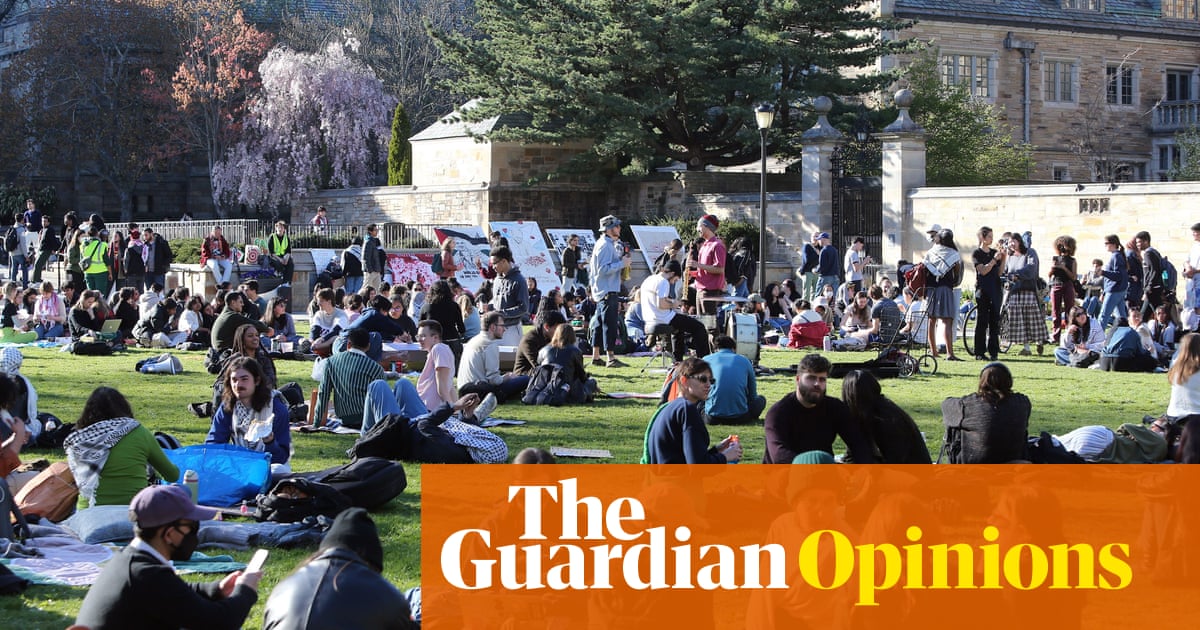
“Oliver was arrested this morning. 13 students arrested,” Ella texted me at 8.27am, “No, 45.”
“Are you awake? Should we go? I’m feeling paralyzed right now.”
“Alex, Lily, and I are going.”
*
“I just woke up. I can’t believe it. Yale admin should be ashamed,” I texted back.
“Are you at Beinecke now?”
*
“Yes. A lot of press is here. Bring us masks. Instagram is making this a catastrophe but it’s peaceful. Liam and Oliver were both arrested.”
*
“Do you guys need anything? What can I bring?”
“Do you have your backpack?”
*
“We have everything, we’re good. No clue how long I’ll stay, it feels wrong to leave. I don’t have class until 1.”
*
“Okay I’m going to skip my class. Are you inside or outside?”
*
“Outside. We are in the front of the circle.”
The New York Times headline reads 40+ Yale Students Arrested at Pro-Palestine Protest. The victims are familiar faces: an editor at our campus magazine, two soccer players on our club team, a friend who lives one residence hall over.
Protests Turn Violent at Yale, my classmate titles his opinion piece. The Yale Daily News publishes “Yale sided with democracy – you should too” and “This is freedom of expression. Yale, don’t suppress it.”
In an email, subject line “Update on campus activity,” Yale’s president, Peter Salovey, writes: “Early this morning, Yale Police Department (YPD) officers spoke with students on Beinecke Plaza and gave them several opportunities to leave and avoid arrest. YPD officers only arrested those who were prepared to be arrested. During that action, Yale Police arrested 60 people who refused a final request to leave voluntarily. Forty-seven were Yale students … I am grateful that we were able to take these actions peacefully and that none of the protesters resisted arrest.”
So, today we sat, and held hands, and sang, and chanted together at Yale. We screamed with each other and at each other.
The police chief was interviewed by Fox News while keeping an eye on the crowd. Alex spelled out “Jews for a Free Palestine” in blue chalk, and I outlined the words in white. Today is Passover.
Restaurants served mutual aid. Claire’s Corner Copia, a local diner serving kosher food, provided French toast two ways: bananas and chocolate chips. Our late-night spot delivered 20 pizzas or more. Donated water bottles piled up between white columns.
We ripped cardboard to make signs. “Books not Bombs”, I wrote in large black letters, with “books” lined in green and “bombs” in red. The remaining cardboard transformed into “Jews for Ceasefire”, “Education is for Liberation”, and “Free Palestine”.
Friends who attended last weekend’s formal changed out of long dresses and into masks, sunglasses, hoodies and other dox-preventive-wear. Friends from first-year orientation groups led counterprotests with “Fact Check” signs and matching T-shirts. The Yale gospel choir performed, dance troupes offered workshops, and professors hosted teach-ins.
These professors are in full supply: I go to a school that offers classes called Contesting Injustice, Political Protests, and The Liberation Movement. Yale is a member of the greater systems, machines and institutions which perpetuate oppression, yet teaches us to knock them down.
I am lying on the floor of my dorm room. I’ve retreated to my corner of campus. It is 80 sq ft of popcorn walls and pine wood furniture. I turn the fan on, a muffle of white noise.
Echoes of “Free Gaza, free Palestine, within our lifetime,” “I ain’t gonna study war no more,” and “We are the children” run together. I am lying on the floor staring up at the ceiling when the first tears well.
I am crying because during protests at the November Harvard-Yale football game, every university in Palestine had been bombed. By today’s protest in April, no universities in Palestine remain. I am crying because with every hour that passes, 42 bombs are dropped on Gaza. Yale will not disclose how many of those bombs I funded with my tuition dollars.
Though I am notably supportive of Occupy Beinecke on Yale’s campus, I am not writing a piece about the genocide in Palestine. While that piece is more important and more pressing, it has already been written and will continue to be. I am writing about the energy, the division, the tension and the heaviness of Yale at this moment. I am writing about the ethical failure of a powerful, western center of education.
It is a curious situation. We shout: “Shame on Yale,” at an institution we have fought tooth and nail to attend. We shout, “Shame on you,” at administrators who had a hand in selecting each of us. We chose Yale and it chose us, but one party was betrayed.
When the first student was zip-tied by a police officer this morning, the safety net evaporated. A net that protected discourse, peaceful education and civil disagreement. The arrests reveal something about the place we call home: the promise of Yale may be lost. Or maybe, we walked on our own the whole time.
I text Ella around 11.42pm to ask: “How are you doing?”
She’s back from Seder.
“I can’t stop staring at the wall,” she replies.
“I’m having a hard time returning to life.”
*
“It is hard to figure out how we should handle the world.”
*
“It is sick. And it is sick how we divide each other.
It is hard to figure out what to do.”
*
“This is the first time I have really cried in a while.
I forgot how your eyes turn sore and puffy.”
*
“Want to come stare at a wall with me?”
*
“What do you mean?”
*
“If you want to just sit. Together.”
Grey Battle studies political science at Yale University. She grew up in Birmingham, Alabama









